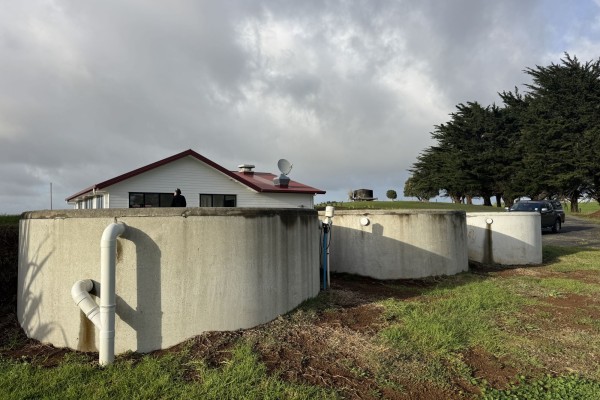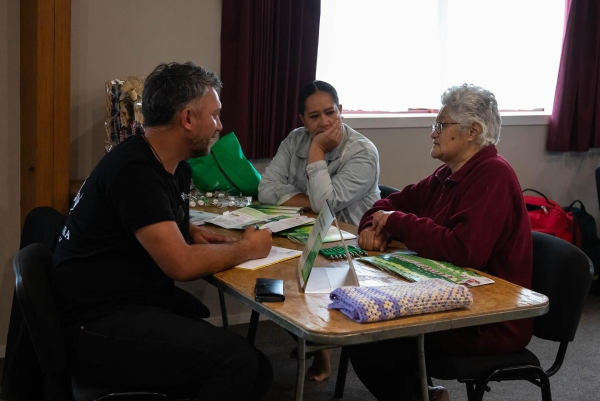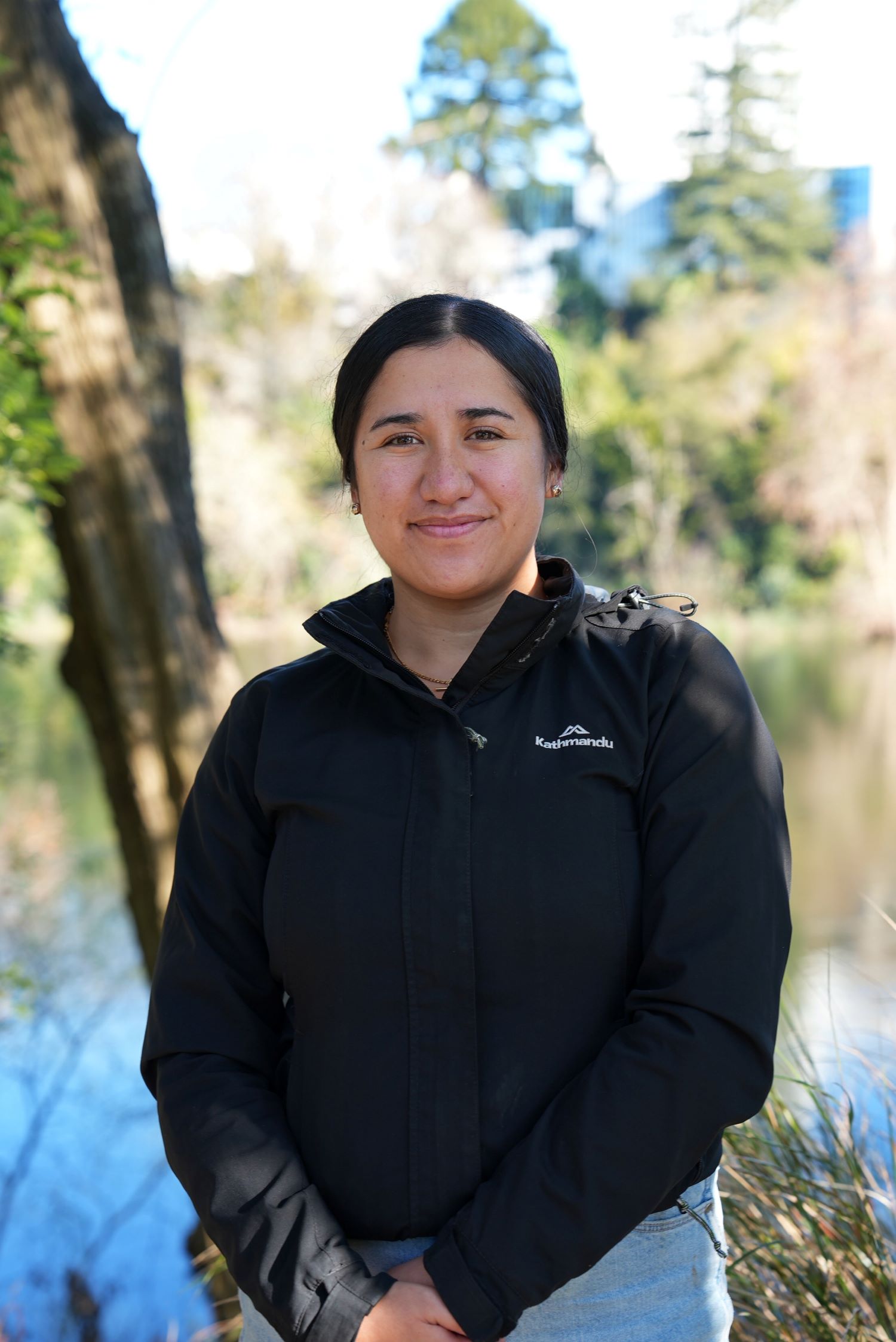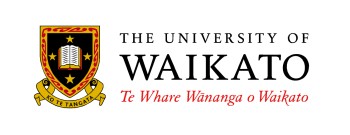Outbreaks as a result of waterborne illness and diseases are the ultimate consequence of inadequate drinking water systems. Public health will remain at risk from potential outbreaks following contamination events without effective means to monitor and respond. For those who live rurally, there is an even greater risk, as many households will have small, self-supplied domestic water systems that are not covered by drinking water regulations.
Current drinking water standards in Aotearoa, New Zealand (DWSNZ) define the maximum acceptable concentrations of contaminants in safe drinking water. The DWSNZ highlight the detection of indicator organisms Escherichia coli and total coliforms to assess the bacterial quality of drinking water. This traditional form of water quality testing whilst sufficient, lacks the ability to capture the full microbial profile of organisms present in water samples, omitting key insights around sources of contamination. Metagenomic analysis is a rapid and cost-effective technology that can detect, identify, and characterize all microorganisms present in water samples, greatly enhancing drinking water surveillance capability.
This study will use such technology in the form of 16S rRNA sequencing, to investigate the seasonal microbial profile of various groundwater sources, rural household supplies, and marae tank water systems within the Aotea Harbour.
>> FINAL REPORT SUMMARY (PDF) December 2025
 |
 |





